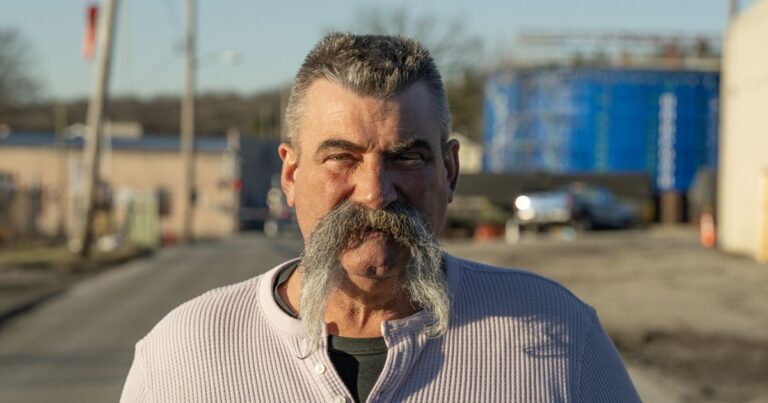Blog
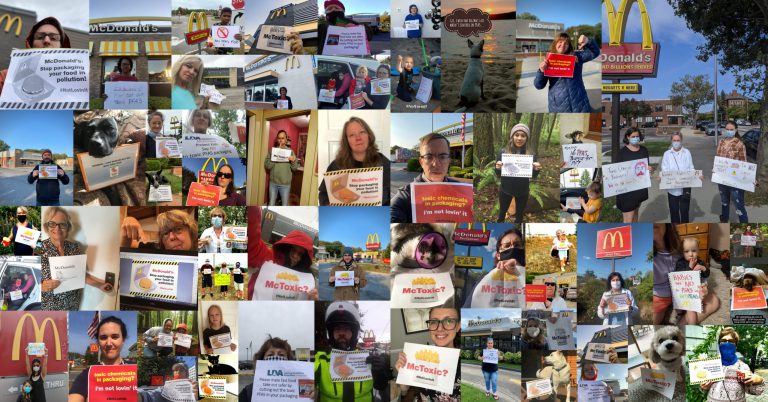
Over a million Big Mac boxes are used and discarded each day. And our recent test results show that those boxes may be contributing to the PFAS “forever chemicals” pollution crisis.

Chemical plants that make toxic PFAS used in food packaging can pollute waterways that provide drinking water. Brenda Hampton knows all too well.
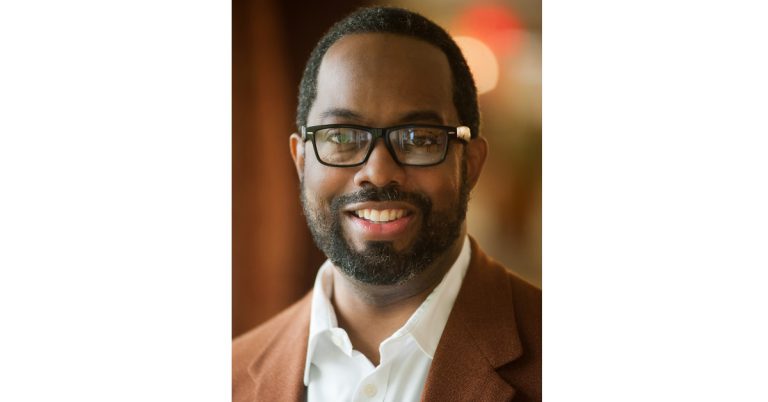
With great love and admiration, we share the sad news of the sudden loss of a treasured friend and ally in the fight to protect communities from toxic chemicals.
Your support allows us to make big impacts. Will you donate today?

Target and CVS Health made progress on phasing out toxic chemicals in their products, while Walmart’s chemical footprint grew by millions of pounds.
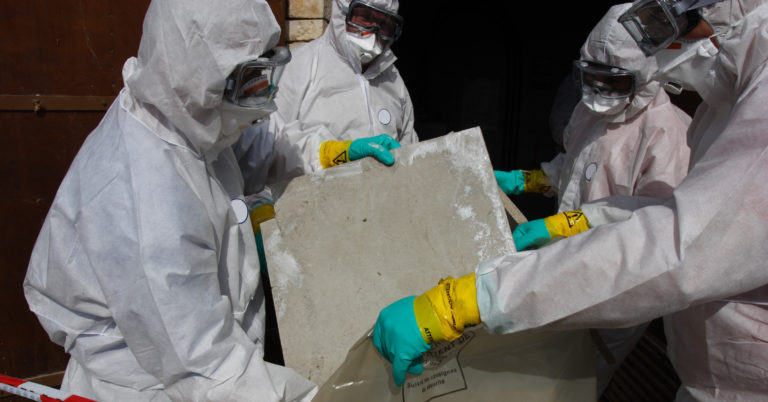
Asbestos takes the lives of 40,000 Americans each year. There are no known safe levels of exposure to this deadly substance. While many Americans may assume that our government has already taken sufficient action to protect us from asbestos, they have not. In fact, asbestos is one of the biggest examples of how the federal government has failed to protect us from toxic chemicals.
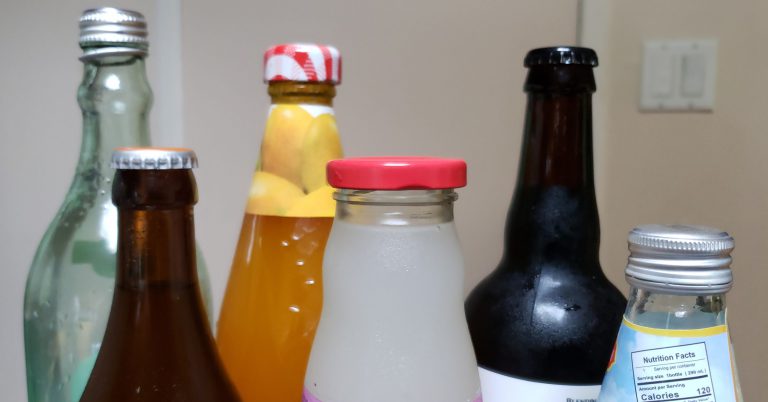
Did you know that some bottle caps come with a toxic liner on the bottom? Yuck!
Bottle cap liners are used to form a seal against the bottle rim. And testing has found that many of these liners contain toxic chemicals called phthalates. The caps may leave phthalate residue on the bottle rim before you take a sip.
What can you do? Send in your bottle caps for testing! We’re looking for caps from any beverage in a glass bottle—juice, iced tea, iced coffee, kombucha, wine, beer, soda, sparkling water, whatever!

The Mind the Store Campaign, in partnership with Toxic-Free Future, has developed new guides for grocery and quick-service restaurant chains. We’re offering straightforward steps for chains to make sure their food packaging is truly free of all PFAS (per- and polyfluoroalkyl substances).




